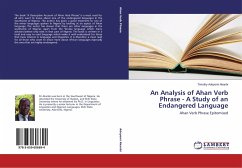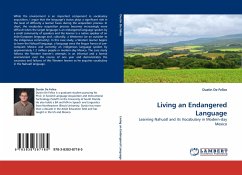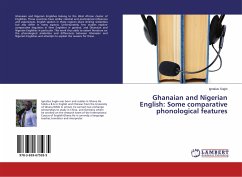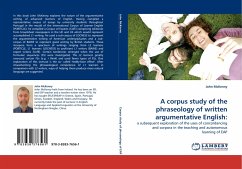In the spring and summer of 2000, Melinda Richards designed and conducted the first extensive study of the "health and well-being" of Appalachian English dialect, and found it to be endangered; that is, fading from the scene. Her work draws on previous studies by Joseph S. Hall, whose 1940 dissertation in fulfillment of his Ph.D. degree at Columbia University was a qualitative and descriptive study of the dialect as spoken in the early 20th century; and work in the area of sociolinguistics by William Lubov of the University of Pennsylvania. An examination of the Appalachian English dialect across three generations of native residents of the Southern Appalachian region, Richards focused on eight vowels identified by Hall as being "fragile," or produced more like the language of wider usage among younger speakers than by their elders. This present study reflects similar findings of other speech scientists, Walt Wolfram and Valerie Fridland who documented similar "fragility" in other archaic, endangered dialects of American English; namely, Gullah in the Sea Islands of South Carolina, and the dialects of Okrecoke Island in North Carolina, and the Smith Islands of the Chesapeake Bay.
Bitte wählen Sie Ihr Anliegen aus.
Rechnungen
Retourenschein anfordern
Bestellstatus
Storno








